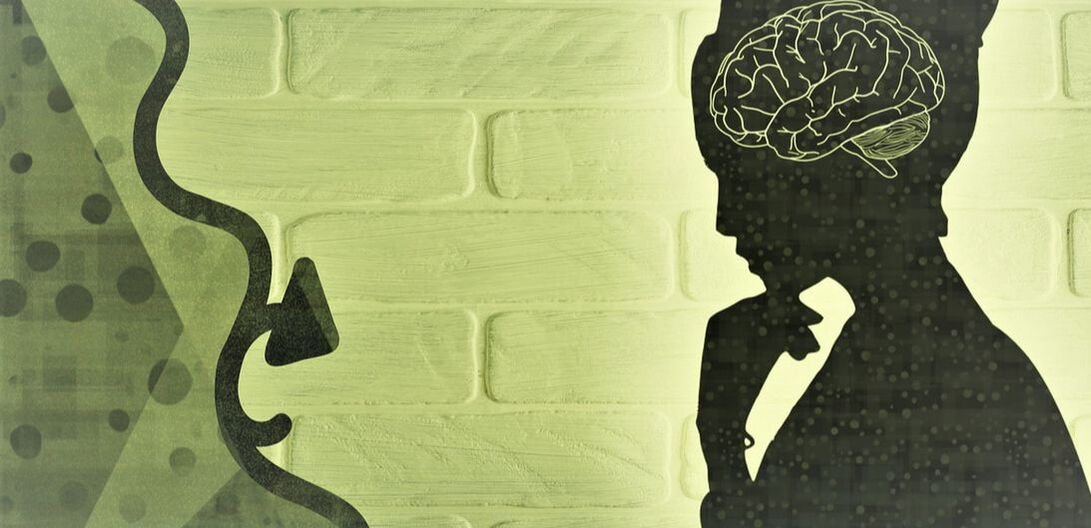One of the most difficult obstacles to true forgiveness is our conscious or subconscious intention to change the people who have been hurting us.
This is wrong! It is not up to us to change anyone. We must change ourselves instead. Only in this way can we truly influence others. Let's say you have just forgiven your brother for hurting you. At least you think you have forgiven him. Alas, he hurts you again tomorrow in the same way and you get angry once more. Obviously, you have not forgiven him, otherwise, you wouldn't have become triggered by his behavior again. What was wrong with your forgiveness? We all want to change others, more or less. So, yes, we forgive them, but only for a particular action under certain circumstances. For this time only. But what about the future? Although we seemingly forgave them, subconsciously we expected them to change. We thought they are the one who should have changed, not us. They won't. Actually, they will, but at their own pace and in their own way, but it's not up to us. We must presume that the person is going to endlessly and perpetually cause us pain and forgive them despite that! Of course, easier said than done. Nevertheless, try this: imagine that the person you want to forgive will be hurting you endlessly. Assume that they are so stubborn that they are never going to change their behavior; that they will never transform into a better version of themselves. Imagine clearly that they will try to hurt you tomorrow even more. Suppose that he or she is unable to improve in any way. On the contrary, they may only become worse and worse and there's no end to this. We must presume that the person is going to endlessly and perpetually cause us pain and forgive them despite that!
Now, forgive them as such! Can you do that? Do you really want to get rid of this burden, to get your life force back?
Forgive this person as though they are going to worsen their behavior towards you, increasingly, forever. Do you possess such capacity, such depth of your character? If you do, congratulations – that's true forgiveness. If you don't – never mind. Do not judge yourself, we are all human beings. But the same problem will reappear. So, try again. Know that all your bad circumstances, all the people around you who are making you suffer, are all there for the purpose of your growth. From every such experience, you may extract some unique and truly valuable life lessons. Your worst enemies or the most stubborn and annoying friends are in fact your greatest teachers! Perhaps they agreed with you before this lifetime to make such a great sacrifice for you, that now you even consider them enemies or bad people, all with the goal of enabling you to learn the hardest life lesson - to truly forgive. Is there any greater sacrifice than that? For example, if your friend constantly gets into the same troubles while stubbornly and bluntly refusing your advice, and it's all annoying to you, stop trying to change her. Change yourself instead. Find within your own being the very trait that annoys you the most in her behavior. Although not being aware of that, she is actually teaching you, she is pointing to the important aspect of your personality you have to deal with now. And forgive her, truly and completely, with all your heart. Imagine that she will never, never change, that she is going to worsen instead and to annoy you for the rest of this life and…forgive her despite that! For the very act of forgiveness, to learn how to do it, you may use various techniques or approaches described in another article. But remember, only when you succeed in this kind of “eternal forgiveness,” have you truly let go, you are free. Don't forget that forgiveness is a process. You will probably have to forgive many aspects of the other person's unwanted behavior, as though they are all permanent. The same stands for any situation, circumstance, or thing in your life that brings you suffering. Accept it, forgive it totally, even though it is presumably going to persist as such eternally! If you are able to do this, you have truly learned forgiveness.
0 Comments
Author: Emily Blunt Emily is a health & lifestyle blogger who spends her entire day writing quality blogs. Also, she is a passionate reader and loves to share quality content prevalent on the web with her followers. To know more about her, visit https://navishealth.com/ It's always easier to define mental illness than determining mental health; Mental health refers to a person's cognitive, behavioral, and emotional state; it comprises everything about how people feel, think, and behave. Mental health can affect the daily routine, physical fitness, and relationship with people. Mental health preserves the ability of a person to enjoy life and enables the person to create the balance between activities, responsibilities, and efforts to achieve daily psychological resilience.
A condition such as anxiety, depression, and stress affects mental health and disturbs daily living. Mental health basics refer to the state of a person to realize their own ability to overcome the everyday anxiety of life to be productive and contribute towards the community. Having good mental health relatively develops a healthy and happy life. Your mental health gets affected by many factors such as biological factors, family history of mental health, and even our genes. Things that can help you develop a healthy state of mind are:
Early Warnings For Mental Health Problems There are times when we are not aware that we are living with mental health problems. Here are a few common behaviors that a person develops as an early warning sign:
Recognizing the early stage of mental health problems makes it easy to cope and get back to everyday life. Characteristics Of Mental Health Satisfaction of life: Mental health and ability indicate the frequency of a person enjoying life. Some factors that play an essential role in life satisfaction include the absence of sickness, good relationships, the sense of being active in personal and professional life, and a feeling of hope. Resilience: People with resilience have the quality to develop positive views to cope with challenges and seek out support when needed; those who are more resilient not only easily cope with stress but are even able to face it strongly. Social support: Social support acts as one of the most important elements for a healthy state of mind. There are cases that have proven the harmful effects of loneliness on health. The negative impact refers to physical and mental health, including depression, memory issues, addictions, and slow functioning of the brain. A decrease in a person's social support leads to job-hopping, affecting personal relationships, social diversities, which has a mental impact on health. Flexibility: Having rigid expectations from things develops the feeling of stress in the mind. A bit of emotional flexibility is essential to give an experience of heavy emotions and express themselves. Lack of mental flexibility links to a certain kind of psychopathology, whereas flexibility connects you to a better and improved life. Effects Of Continuous Pressure On Mental Health |
Please note that most of the articles have a "Read More" break, which is sometimes hardly visible.
It is located at the bottom of visible part of the article, on the right side. To continue reading the article, click on that link. This page may contain affiliate links meaning we earn a commission if you use those links.
We only recommend pages we appreciate and trust. Archives
March 2023
Categories
All

|
For guest posts or placing ads on our website, please use the contact form on the 'About/Contact Us' page.



 RSS Feed
RSS Feed

